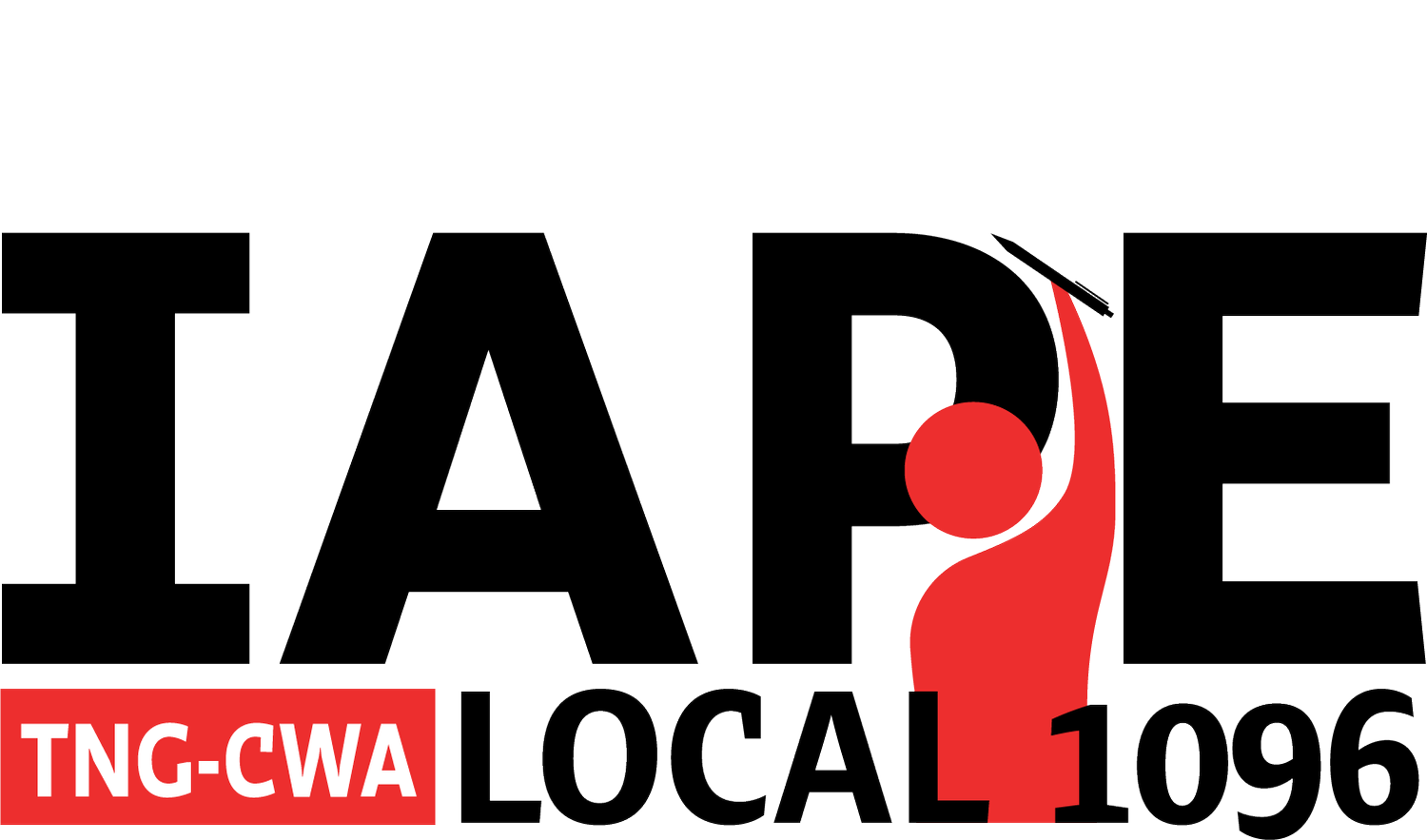June 11, 2013
Shareholders Vote To Approve Split
By Bob Kozma
In perhaps the most anticlimactic meeting of its kind, shareholders of News Corp. overwhelmingly approved changes to the corporation's bylaws that will enable it to split into two companies — News Corp and 21st Century Fox Inc. The special meeting of shareholders, which was notable for the presence of perhaps more security personnel than actual shareholders, lasted less than 20 minutes.
At 10:00 a.m., News Corp. [with a period] Chairman and Chief Executive Rupert Murdoch, in remarks prior to the official start of the meeting, reiterated that the "strategic plan" to split the corporation would unlock more potential and boost returns to shareholders, of which Murdoch and his family represent the single-largest group. He thanked News Corp. management and shareholders for their work in accomplishing the split, though not News Corp. employees. The split will occur on June 28, he noted.
Murdoch said that, with the holders of a majority of shares present in person or by proxy, a quorum was present. He opened the polls for voting at 10:06 a.m. and closed them — and the meeting — at 10:22 a.m.
In between, Murdoch and News Corp. Group General Counsel Gerson Zweifach [mostly Zweifach] answered the few questions raised by two shareholders in attendance — Laura Campos, director of shareholder activities for the Nathan Cummings Foundation, and Julie Tanner, assistant director, socially responsible investing, at Christian Brothers Investment Services Inc.
The ground rules for the question-and-answer period were: A shareholder could ask two questions; the questions couldn't take longer than one minute to ask; and the questions had to deal with the three proposals on which shareholders were asked to vote, to permit the split.
Tanner, noting the appearance of an article in the Guardian reporting that News Corp. is in talks with the U.S. Justice Department about a possible settlement of alleged violations of the Foreign Corrupt Practices Act, asked whether News Corp., in forming News Corp [without a period], was setting up the equivalent of a "bad bank," in that News Corp would have to pay any settlement with the Justice Department over alleged bribes paid to officials in the UK.
Zweifach said there is no settlement nor has the company discussed the amount of any settlement or fines. He denied that the company designed to set up a "bad bank," though he noted that any fine resulting from alleged misconduct in the UK would be borne by the new publishing company.
Campos asked whether the company, in undertaking its plan to split the corporation, considered doing away with News Corp.'s dual classes of stock. Zweifach said the issue had come up before but wasn't relevant to the proposals. He said that the company likely would examine the subject again in the future but that "the track record [of the dual-class situation] has been very good."
Campos had a question for independent News Corp. directors in attendance: whether they could explain their decisions to approve the split. Murdoch replied that no independent directors were present at the special meeting, which Campos found disappointing.
